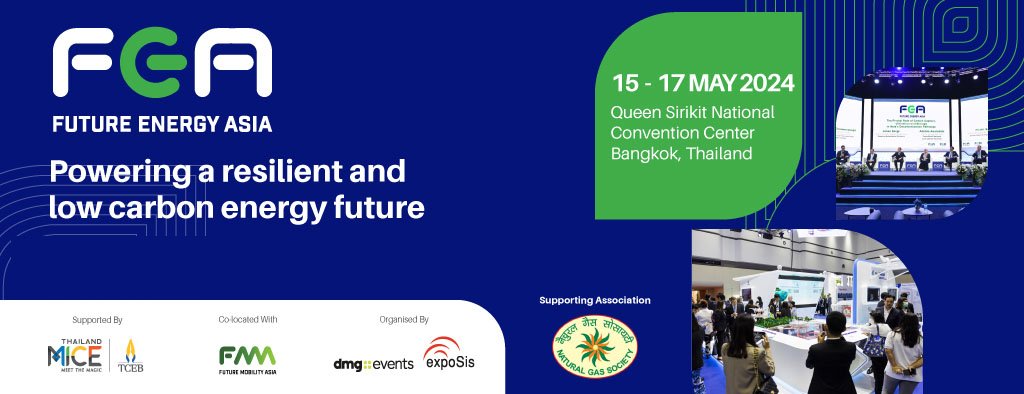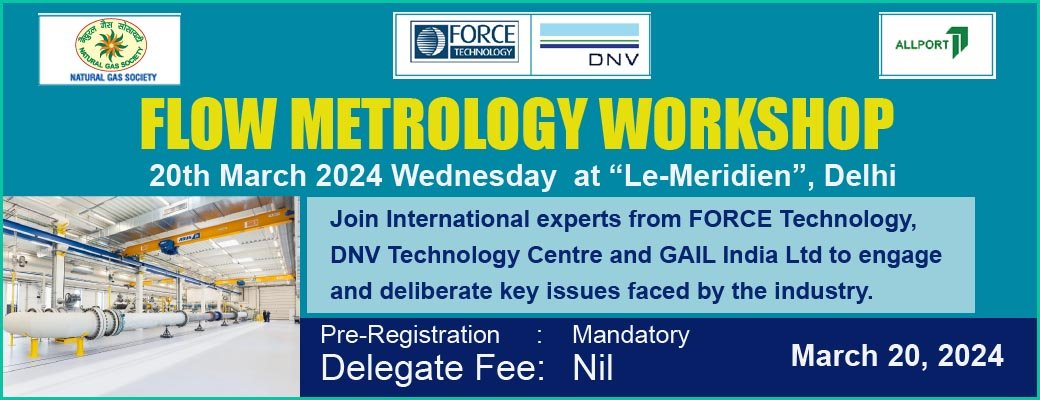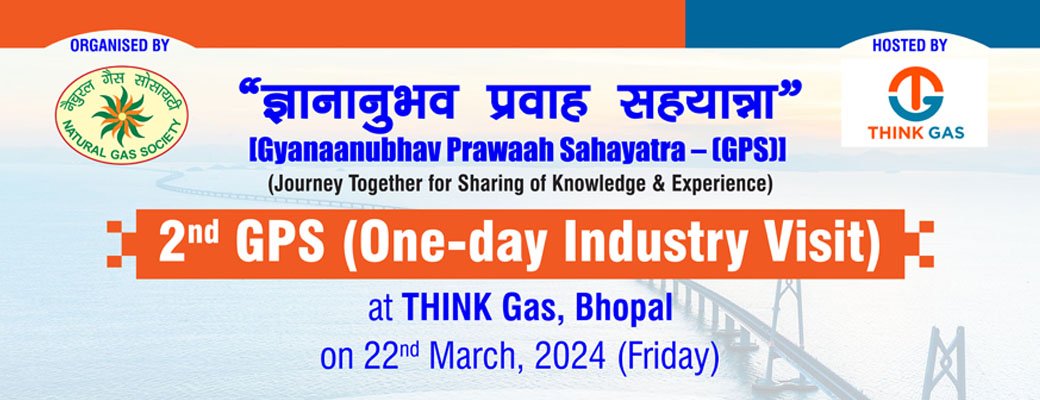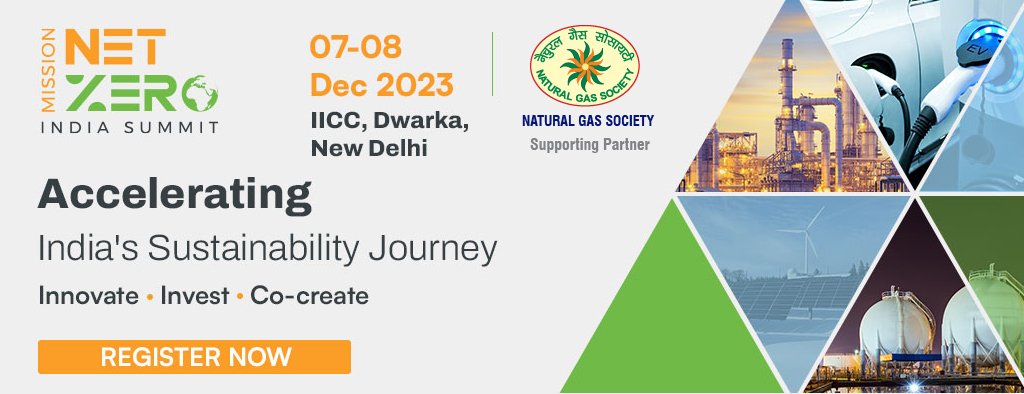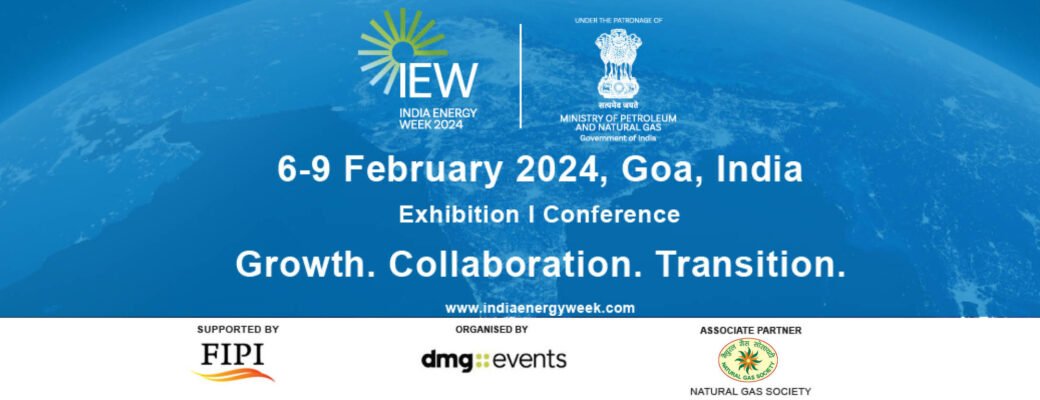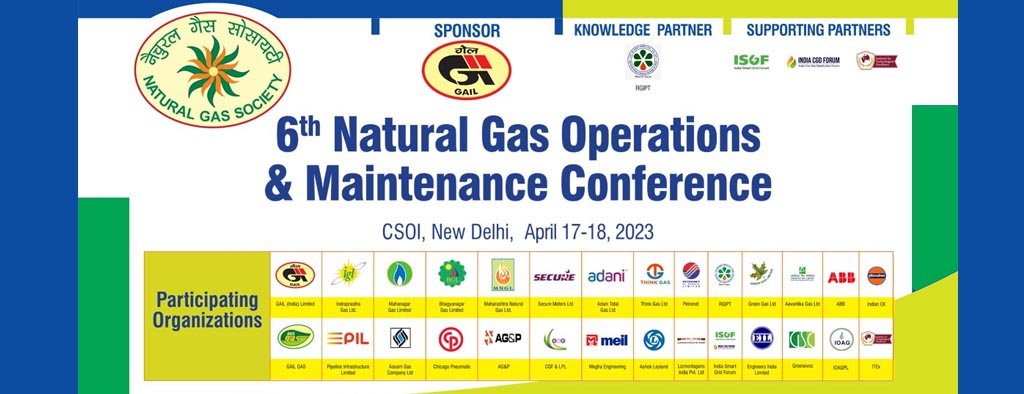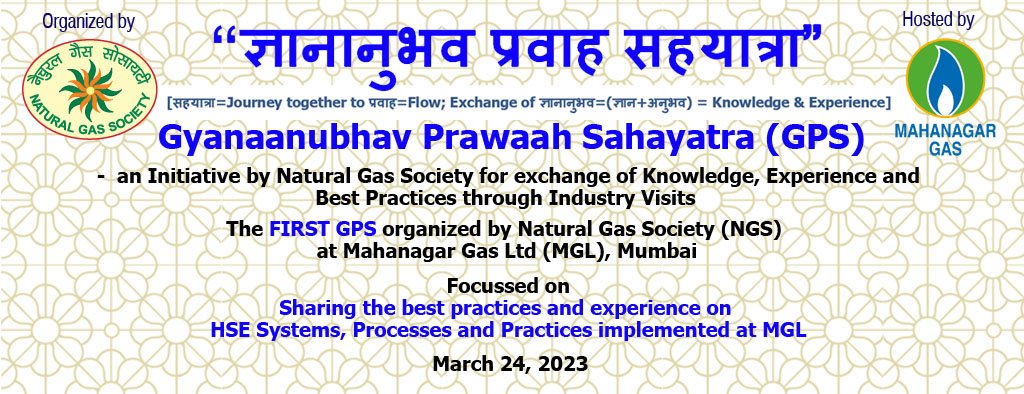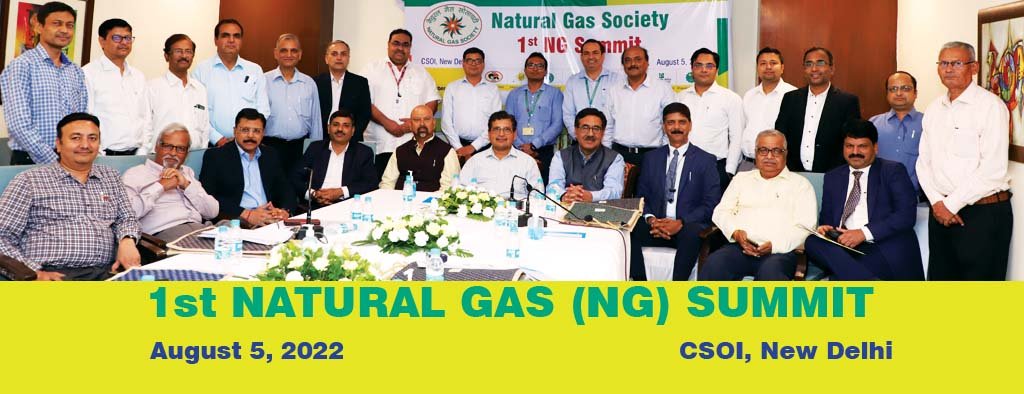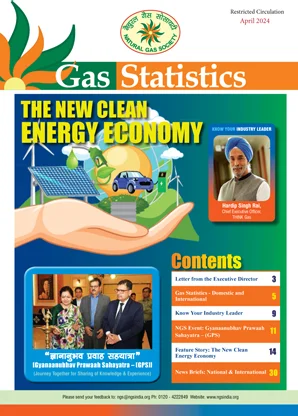
GAS STATISTICS REVIEW Apr 2024) (**)
ANNUAL SNAPSHOT
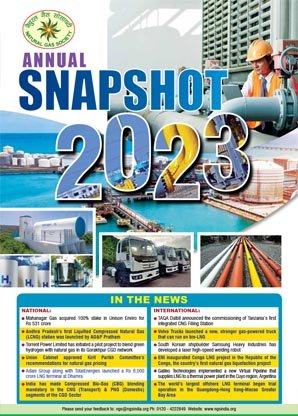 Annual Snapshot 2023 || DIGITAL
Annual Snapshot 2023 || DIGITAL
UPCOMING EVENTS
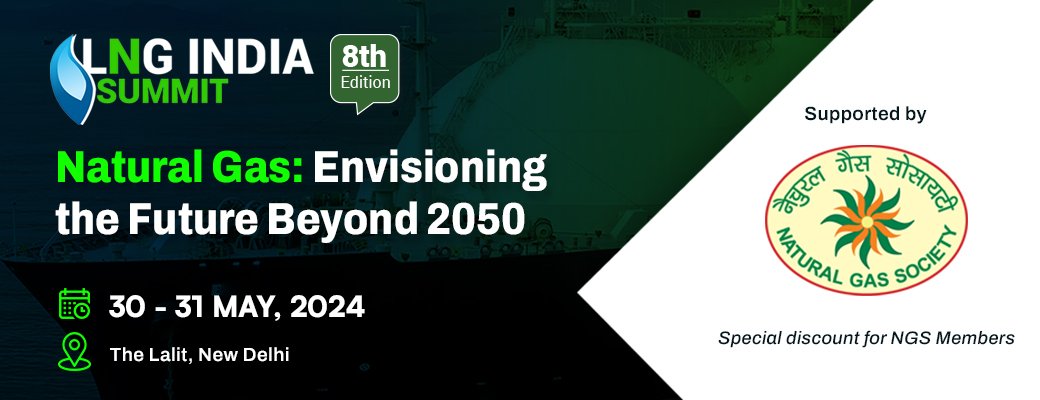
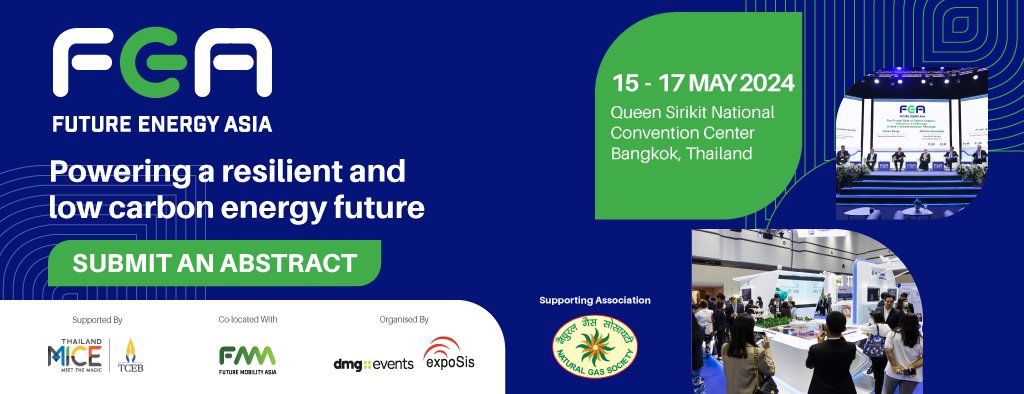
FUTURE ENERGY ASIA 2024
Powering a resilient and low carbon energy future
15 – 17 MAY 2024, Queen Sirikit National, Convention Center, Bangkok, Thailand
READ MORE
CONFERENCE / WORKSHOP / WEBINAR
 India Energy Week 2024
India Energy Week 2024
February 6 – 9, 2024, Goa
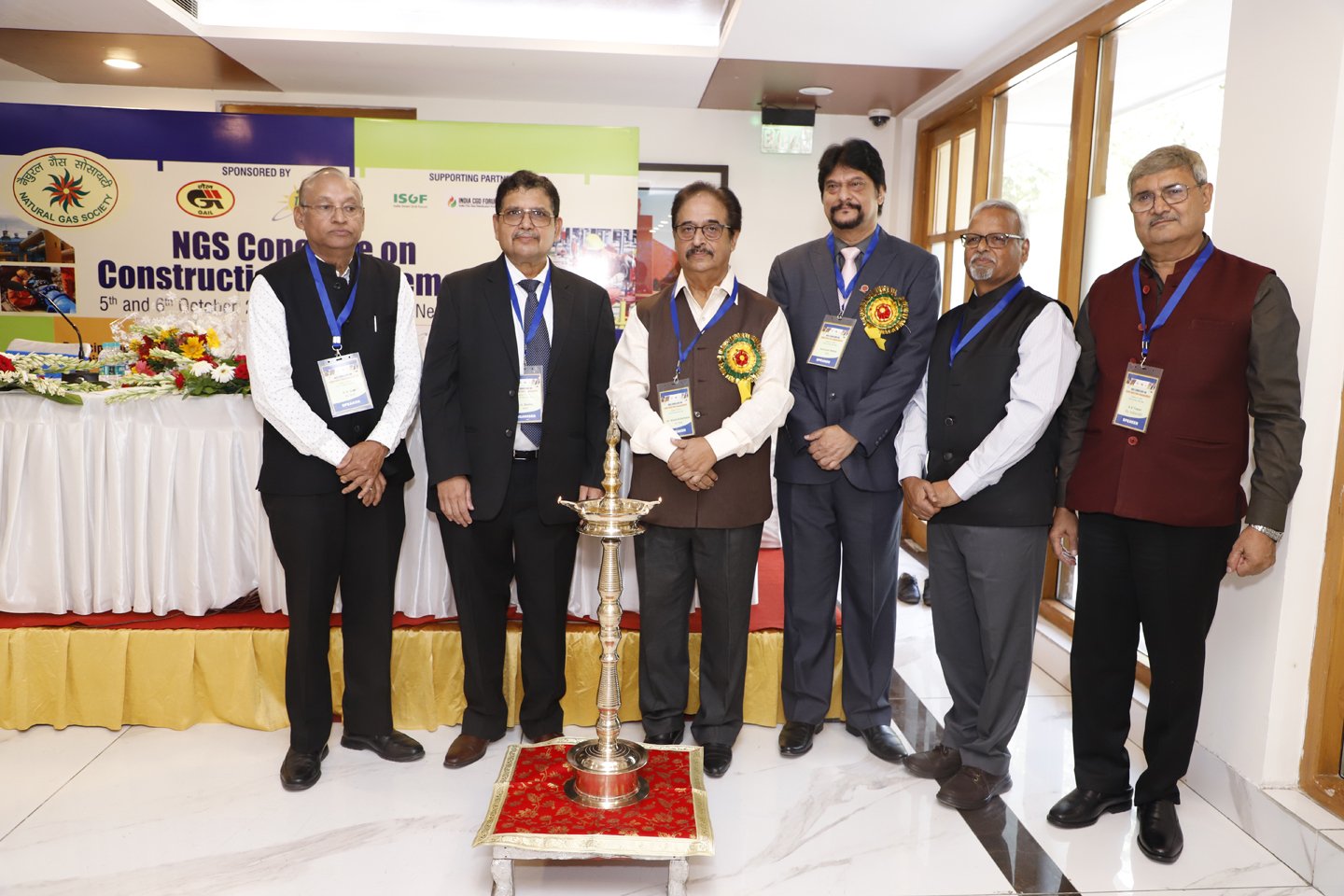

6th Natural Gas Operations & Maintenance Conference
April 17-18, 2023, New Delhi
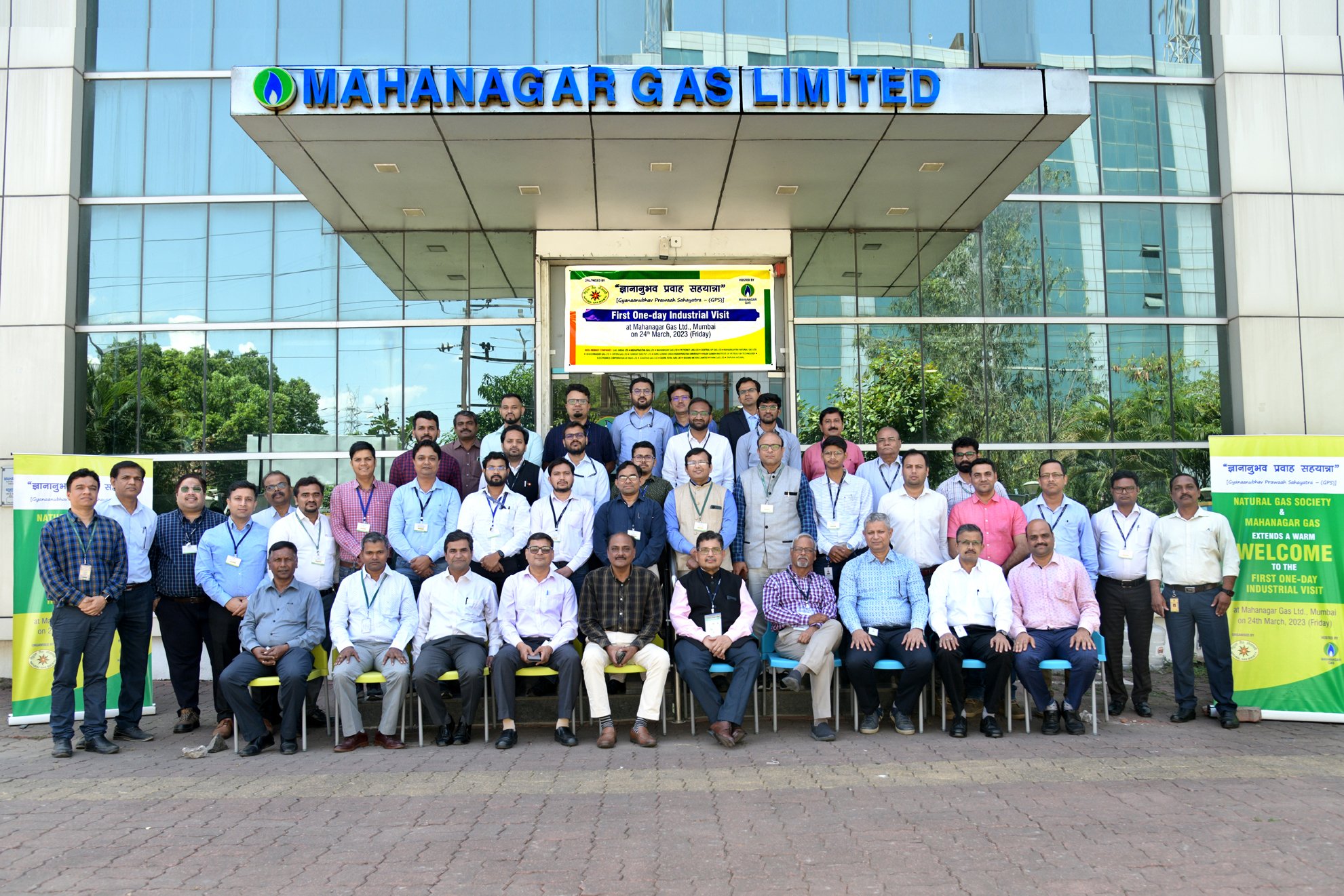
The First Gyanaanubhav Prawaah Sahyatra (GPS)
March 24, 2023

1st Natural Gas (NG) Summit
August 5, 2022
Why every car owner should consider CNG conversion
GAIL reduces CNG price by Rs 2.50 per kg in the country
GAIL organised CBG Workshop for stakeholders under aegis of MoPNG
Indicative Prices of crude oil, Brent, and Natural gas
Data source – https://tradingeconomics.
Top News From Gas Industry * * *
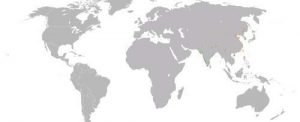
NATIONAL NEWS
LNG import volume up 17.5% in FY24 as consumption rises
Indian Biogas Association joins hands with HAI to promote hydrogen
LNG import volume up 17.5% in FY24 as consumption rises
INTERNATIONAL NEWS
FG To Launch CNG Initiative Before May 29
Morocco considers three regasification units
Philippines nears comprehensive energy security with landmark LNG collaboration


